Journalist from Kherson Olena Prototopova: “An internally displaced person sounds so good, but in reality, the people were just running away with one package from their house”
When Kherson was occupied, journalist Olena Prototopova had to leave her home in search of safety. Her whole life was about journalism; she told people’s stories, but soon, she became part of the story about IDPs. Olena Prototopova told the staff of the Unified Western Ukrainian Journalists’ Solidarity Center of the National Union of Journalists of Ukraine (NUJU) about how to adapt to a new environment and write about IDP problems and undisclosed topics.
– Olena, tell us when you realized that journalism is your thing?
– I have been working in journalism since 2005, right after university, although I actually wanted to do something else – during my student years I thought about being a holiday organizer, working with children. My basic education is in teaching. But at the same time, I have wanted to tell stories since childhood. When I was six, I decided that I would tell stories that would be worth hearing. I thought that maybe I would become a writer.
Life itself connected me to that: I retold stories. First, about the Holodomor [Great Famine], I collected stories from the Kherson Region, from the entire part that is now occupied. Then other stories, and also – from the beginning of the invasion, stories about the war. And then I became a part of this story. That’s how it is.
– How did you continue your activities after the war started, when you left Kherson?
– I’m on maternity leave now; I have a small child. Sometimes, I work freelance I write articles for Kherson publications, but this is exactly when something really touches me, and I want to talk about it. Because it was very important for me to continue talking about our Kherson after the war started.
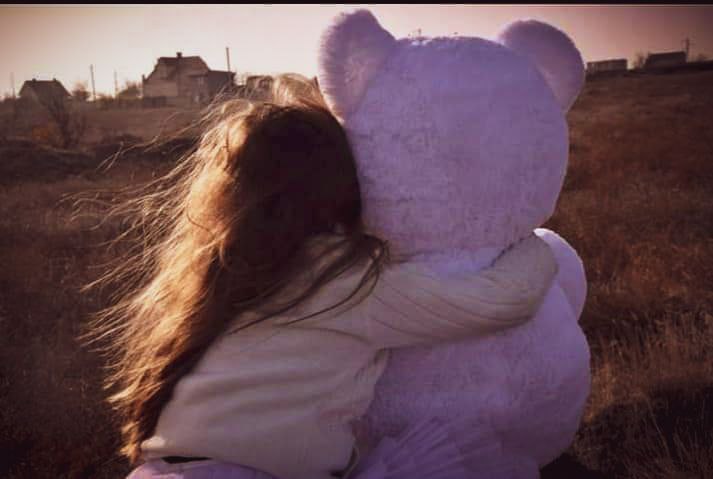
We left it, but it remained in our hearts, it hurts, and we want to talk about it, and when there is something to say, I tell it, although my current official work is not related to Kherson. For now, yes, but I do not give up journalism at all; I think I will return to it very, very soon.
– How did you manage to adapt to the new city?
– I really love the Lviv region, although we lived our whole lives in Kherson. My father’s roots are from here and partly from my mother’s. As a child, I lived in the Lviv Region for two years. And I really like the mentality, although my soul is southern.
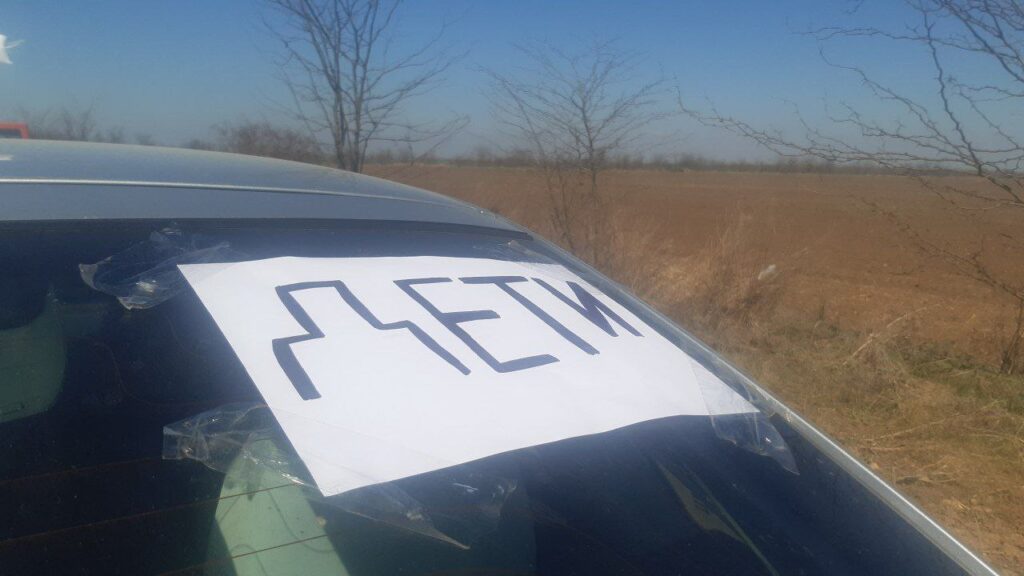
As for adaptation, I had no choice because I came here with my child and my husband immediately went to war, and my brother with him. And, in fact, I had to live somehow and work quickly, study. There was no time to relax.
– Do you miss your hometown, and what do you miss the most where you are now?
– Of course, I miss both my hometown and my house because our street actually doesn’t exist; it just overlooked the Antonivskyi Bridge – the infamous, famous one that separates the right de-occupied bank from the left-occupied bank. My house looked directly at this bridge. The street was actually destroyed; many people were killed right in their yards or in cars on the way home. This part of my city is badly destroyed; even minibuses don’t go there anymore because enemy drones fly there from the other side of the Dnieper, and they are simply dropped on people.
I was in my house for the last time on February 25, 2022, when we went after the shelling to see what happened there, and that evening my neighbor died. I was no longer at home; I only drove past it in April 2022, when we were leaving the occupation. But we couldn’t even stop to look because there were enemy checkpoints. Everyone was thoroughly checked and we only thought if we could drive past them faster.
Of course, I miss it very much because part of the city lives on the verge of life and death. But Kherson is a very lively city in those parts where it has at least partially survived. People remain; I also have relatives there. Mom puts up a nativity scene before Christmas, and grandma volunteers making trench candles. People live, fight for their city, help our military, who hold the right bank.
– In your opinion, is there enough material in the Ukrainian information space today about cities that are either de-occupied or still occupied, and about the people themselves who left these territories and became IDPs?
– I think that IDPs in Ukraine are very poor, to be honest, because the Ukrainian economy does not pull and does not pull to cope with us, with these internal refugees, because “internally displaced person” – it sounds so nice, but in reality people just ran away with one package from their house, throwing everything away.
Many people, just like my family, are under fierce shelling. Here, I talk to my father, and he walks past the house where they live now. And they did not leave. Why? Because there is no housing, this issue has not been resolved.
No matter how many materials I have made about IDPs – it is always, for example, art therapy, psychological support, and some humanitarian work, but the main problem is that people need to be settled somewhere. This is what needs to be talked about because, in the third year of the war, it has calmed down a bit. Those who can work and could immediately start and you to work. Those who can’t and couldn’t sit under shelling and die every day. In Kherson and the region, at least one person dies every day, but usually, it’s much more. This topic is not revealed, and the basic problems are not closed.
– Do you have a feeling of some kind of oblivion in the media sphere, as IDPs, as if at the beginning of the war they paid more attention to it?
– When I first left, I had such an inner fire to talk about what happened because leaving the occupation is very scary. There was a feeling that we had to talk. We participated in international events, gave interviews, talked, talked, talked all the time. And now we are also interviewed a lot, but they ask more about our personal family history. There is a feeling that something has been forgotten.
I am even more upset by this trend that has spread on the Internet about the regions – that the South and the East have “come in” and speak russian, that they called for “russian peace”, etc. I am very sorry because, in reality, no one knows what the South is because it was Ukrainian, and it is offensive and sad to hear such things. I am a little offended, sorry, by such a condescending attitude. Everyone lives in their own bubble, but they do not know our experience.
– How can we better cover issues and stories about IDPs?
– I think that we need to speak through human stories and publish essays about human destinies. I have worked with statistics: you can draw any numbers, but it does not touch the way, for example, one person with emotions will tell something. You need to look for stories that touch people and reach their hearts through feelings because people also become callous over time and get used to everything, including war.
– What are your plans for the future? How do you see yourself going in your profession? Are you not able to build something today?
– I recently caught myself thinking that no matter how you say it, words are not enough. And nothing tells the truth like visuals. I am really fascinated by photography now, and I would probably ideally like to go into photography, probably documentary. I want to return to my home and shoot videos of some first-person stories there. Because for me, words are already fading away – they are not enough, they are not enough to tell the truth that people should know. I am thinking in this direction for now, but I don’t know, I am currently taking care of children – let’s see what happens next.
Call the Unified Western Ukrainian JSC Lviv-Chernivtsi at 097 907 9702 (Nataliya Voitovych, the coordinator of the Lviv’s Center, and Volodymyr Bober, assistant). The Center’s address is 5 Solomiyi Krushelnytskoyi Street.
ABOUT JSC
The Journalists’ Solidarity Centers is an initiative of the NUJU implemented with the support of the International and European Federations of Journalists and UNESCO. The initiative is designated to help media representatives working in Ukraine during the war. The Centers operate in Kyiv, Lviv, Ivano-Frankivsk, Chernivtsi, Zaporizhzhia, and Dnipro and provide journalists with organizational, technical, legal, psychological, and other types of assistance.
ABOUT UNESCO
UNESCO is the United Nations Educational, Scientific, and Cultural Organization. It contributes to peace and security by promoting international cooperation in education, sciences, culture, communication, and information. UNESCO promotes knowledge sharing and the free flow of ideas to accelerate mutual understanding. It is the coordinator of the UN Action Plan on the Safety of Journalists and the Issue of Impunity, which aims to create a free and safe environment for journalists and media workers, thus strengthening peace, democracy, and sustainable development worldwide. UNESCO is working closely with its partner organizations in Ukraine to provide support to journalists on the ground.
The designations employed and the presentation of material throughout this digest do not imply the expression of any opinion whatsoever on the part of UNESCO concerning the legal status of any country, territory, city, or area or its authorities or concerning the delimitation of its frontiers or boundaries.
The authors are responsible for the choice and the presentation of the facts contained in this digest and for the opinions expressed therein, which are not necessarily those of UNESCO and do not commit to the organization.
Dariya Markova

 THE NATIONAL UNION OF
JOURNALISTS OF UKRAINE
THE NATIONAL UNION OF
JOURNALISTS OF UKRAINE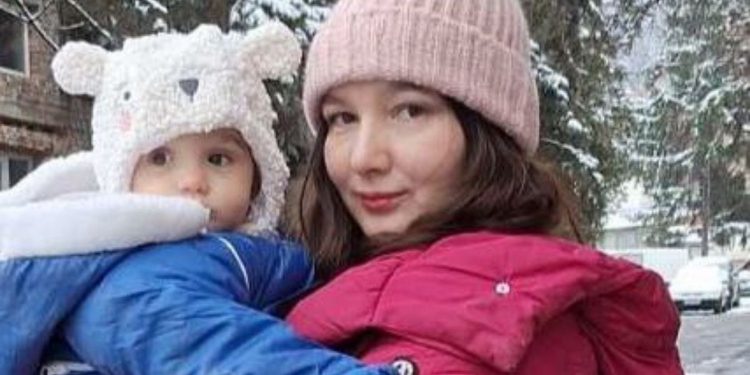
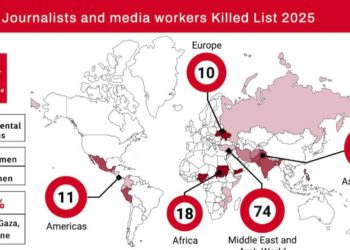
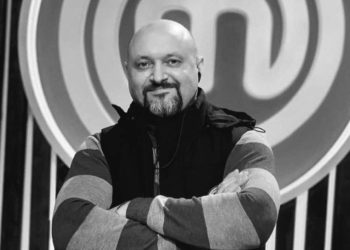














Discussion about this post